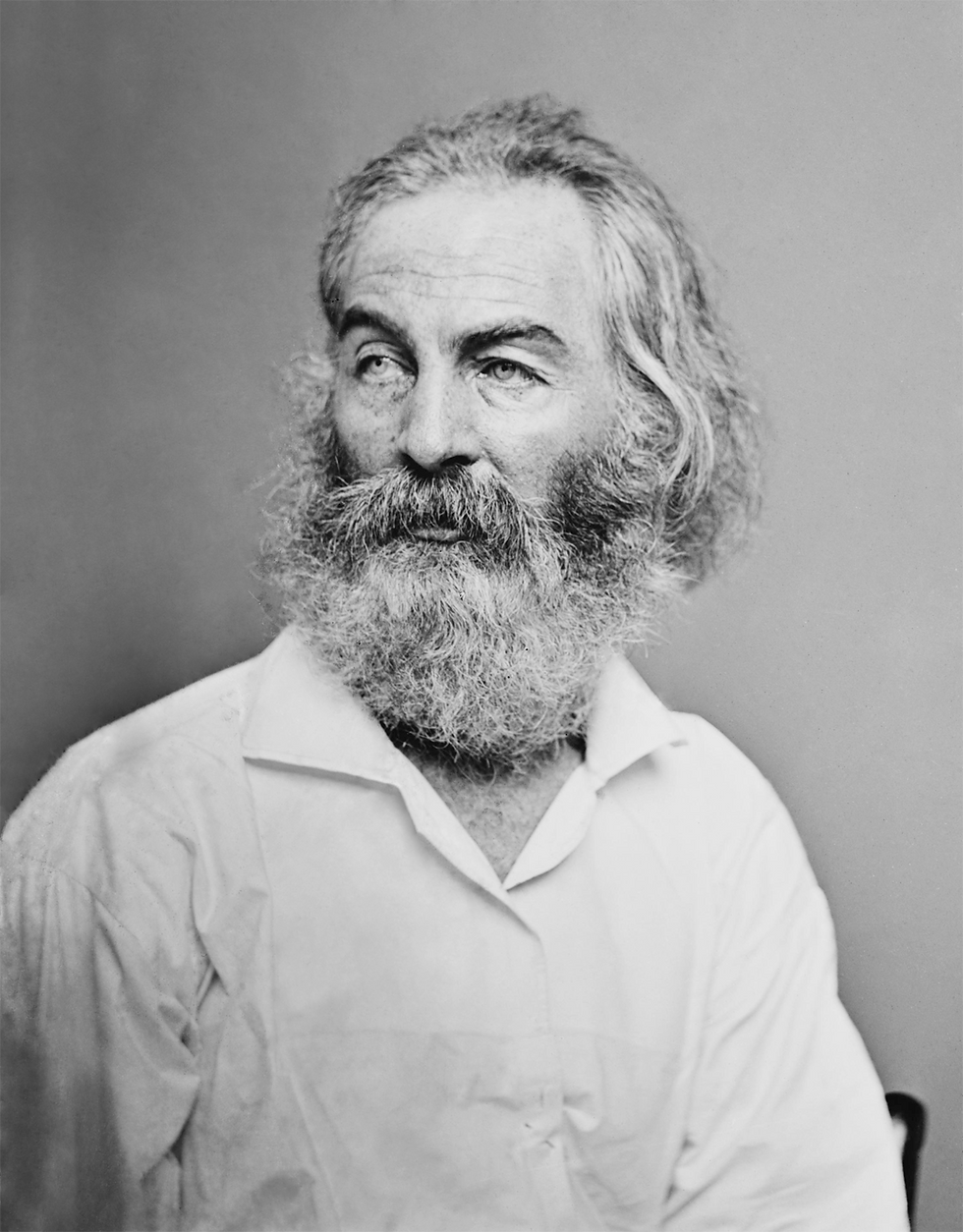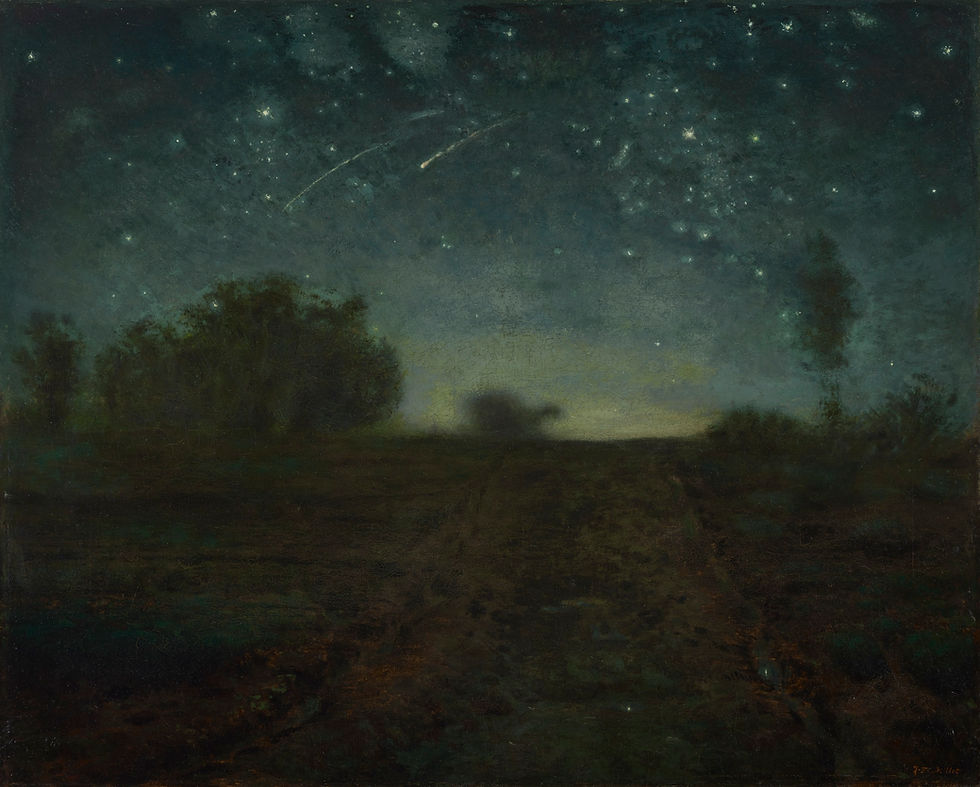Learning a deeper appreciation
- James Tyler
- May 24, 2023
- 2 min read
Growing up in the Philadelphia area, I would associate the name Whitman with the bridge we often crossed to get to New Jersey. Later, as my education advanced, Whitman became Walt Whitman, the American poet from the Civil War era, and I tried to understand what he was writing in his “Leaves of Grass.”

It took many years before I came to appreciate Whitman’s poetry. So now I can enjoy and be moved by “Song of Myself,” “I Sing the Body Electric,” and of course, “O Captain! My Captain.”
I’ve read numerous Whitman poems over the years, and I’ve seen lists of his “top 10 poems.” Since those choices are subjective, the lists contain different selections.
One poem I haven’t seen on those lists is Whitman’s “When I Heard the Learn’d Astronomer,” which has become my favorite of his many literary efforts.

It’s a short poem but wonderfully powerful. I’ve included the text below, but there are some terrific videos of it being narrated, including by astrophysicist Neil deGrasse Tyson (www.youtube.com/watch?v=SVL72nm3A-4) and a children’s book illustrated by Loren Long. It even is recited beautifully in an episode of “Breaking Bad.” When I Heard the Learn'd Astronomer - Breaking Bad (orig: Walt Whitman) - YouTube
The poem relates how an unnamed narrator attends a lecture by the “learn’d astronomer” and views all the proofs, figures, charts and diagrams and hears the applause of the audience.
But the narrator becomes “tired and sick” and wanders off alone into the “mystical moist night-air” to every so often look “up in perfect silence at the stars.”

Whitman wrote this poem in the midst of the Civil War, and it first appeared in his collection called “Drum-Taps.” The learn’d astronomer’s public address is filled with scientific notations and mathematical equations, and that appealed to many in the audience.
The poem’s narrator can’t take all the dry, scientific explanations of the heavens and instead goes out alone to immerse himself directly in the beauty of nature, seeing the stars first-hand.
I’ve attended my share of astronomy lectures and programs over the years. While the presentations can be interesting and informative, a PowerPoint on stellar evolution or black holes doesn’t quite match being out on a crisp, dark night with a clear sky and bright stars.
Some may see Whitman’s poem as opposing science for some kind of mystical naturalism. Perhaps. But those charts and proofs of the learn’d astronomer can provide a deeper appreciation and understanding of the night sky.
The situation doesn’t have to be either/or. Knowing more about the cosmos can make more wonderous the times you may spend, alone, silent, admiring those twinkling lights above.

WHEN I HEARD THE LEARN'D ASTRONOMER
When I heard the learn'd astronomer,
When the proofs, the figures, were ranged in columns before me,
When I was shown the charts and diagrams, to add, divide, and measure them,
When I sitting heard the astronomer where he lectured with much applause in the lecture-room,
How soon unaccountable I become tired and sick,
Till rising and gliding out I wander'd off by myself,
In the mystical moist night-air, and from time to time,
Look'd up in perfect silence at the stars.
- Walt Whitman
When I Heard the Learn’d Astronomer



Comments